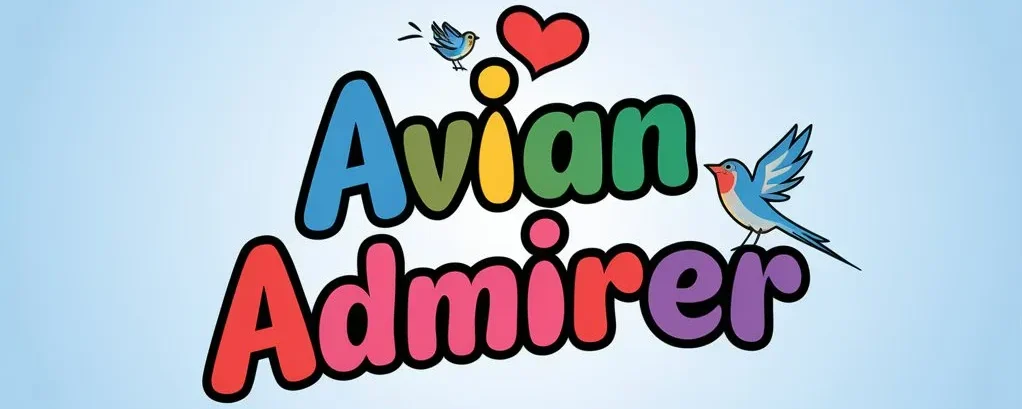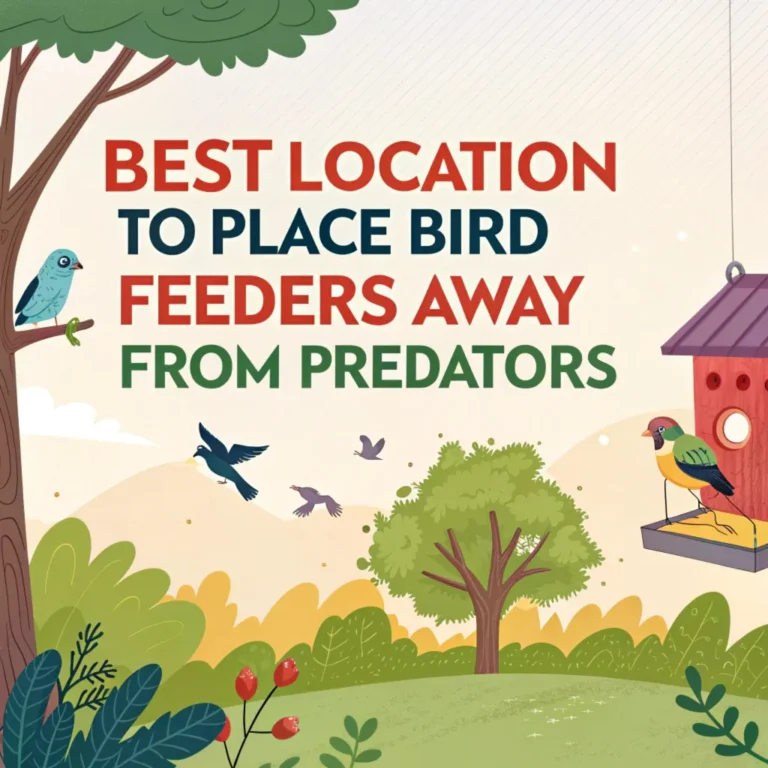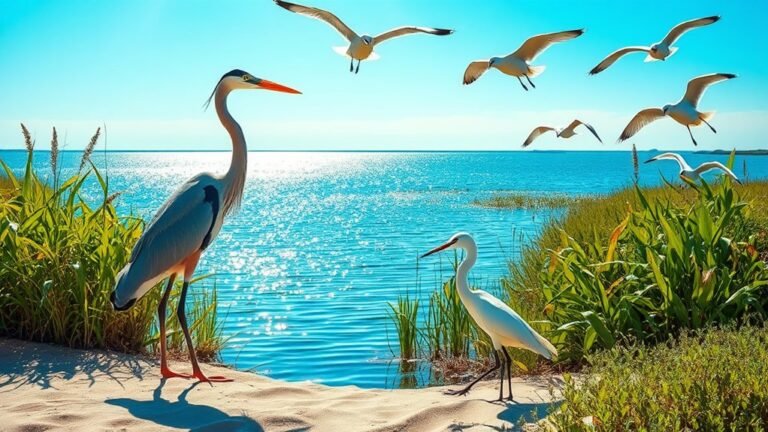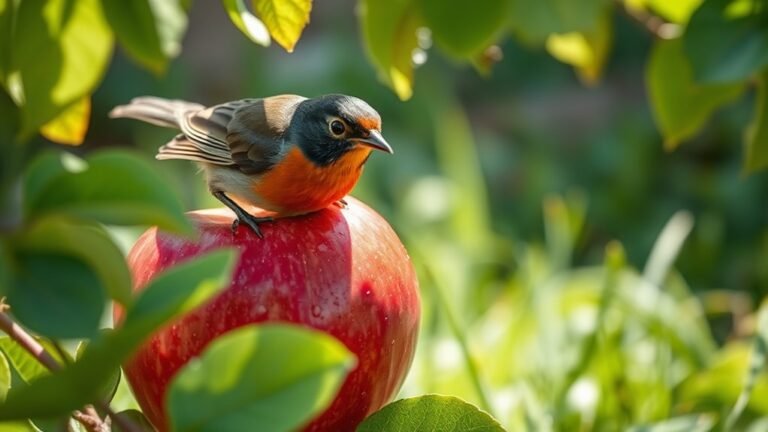Do Birds Like Peanut Butter? Safe Treats for Backyard Visitors
Peanut butter is a popular and nutritious treat for backyard birds. It provides birds with high calories, essential fats, and proteins. However, when feeding birds peanut butter, it is important to choose the right type and serve it safely.
To offer peanut butter effectively, select natural varieties without added sugars or salts. Avoid flavored or processed peanut butters. You can smear a small amount on tree branches, pine cones, or bird feeders. This will allow birds to enjoy the treat while also using it to fuel their energy.
Remember to offer peanut butter in moderation. Too much can be unhealthy for birds. Observing the type of birds that visit can help you gauge their interest and preferences. This enjoyable snack can keep birds returning to your yard and provide you with pleasure as you watch them feast.
Key Takeaways
Many birds, such as chickadees and woodpeckers, like peanut butter. It gives them energy and protein.
Use natural peanut butter with no additives. This keeps feeding safe for the birds.
You can spread peanut butter on tree bark or in bird feeders. This makes it easy for the birds to eat.
Watch the birds while they eat peanut butter. Look for any signs of distress or blockage.
Offering peanut butter can attract many types of birds. This can make your backyard birdwatching even more enjoyable.
Understanding Birds' Dietary Needs
Understanding the dietary needs of birds is important for their health. Bird digestion differs among species, which affects their seed choices. Some birds prefer small seeds, while others like larger ones. By watching which seeds your backyard birds eat, you can adjust their diet to suit their preferences.
Good nutrition improves their digestion, energy, and overall health. Including a variety of seed types can attract more bird species to your yard, creating a lively environment.
Try different seed blends to discover which your feathered friends enjoy most. Providing a balanced diet helps birds stay strong and healthy, making your outdoor space enjoyable for both you and them.
The Nutritional Benefits of Peanut Butter
Peanut butter provides important nutritional benefits for birds. It offers essential fats and proteins that support their health.
The high calorie content of peanut butter helps meet the energy needs of birds, especially during breeding and migration seasons. Birds require energy for their active lifestyles, and peanut butter delivers that.
The protein in peanut butter aids in muscle development and repair, promoting overall health. It also contains vitamins and minerals that help boost the immune system and support feather growth.
How to Safely Offer Peanut Butter to Birds
When offering peanut butter to birds, prioritize their health and safety. Use 100% natural peanut butter with no additives, sugar, or salt. These substances can harm birds.
To feed them, spread a small amount on tree bark or a bird feeder. This method allows birds to eat naturally and prevents overindulgence.
You can also make peanut butter birdseed balls by mixing peanut butter with seeds. This creates a nutritious treat for the birds.
Keep an eye on their feeding habits. Look out for any signs of distress or blockage. This ensures that the birds enjoy their treats safely and thrive in your space.
Popular Bird Species That Enjoy Peanut Butter
Many bird species enjoy peanut butter for its energy-rich content. These birds are often seen in backyards, bringing life and excitement to your outdoor space.
Here are some common species you might notice enjoying this treat:
- Chickadees
- Woodpeckers
- Nuthatches
- Blue Jays
- Sparrows
These birds find peanut butter tasty and use it for energy, especially in cold weather or during breeding seasons.
Alternative Treats for Backyard Birds
Attracting birds to your backyard goes beyond using peanut butter. You can provide a variety of alternative treats to please different types of birds.
Homemade suet is a great choice. It's filled with energy and can include seeds, dried fruits, or insects to attract many bird species.
You can also offer different seeds like millet, safflower, or thistle seeds. Each type of seed attracts specific birds, helping you create a diverse bird population in your yard.
Homemade Bird Feed Recipes With Peanut Butter
Peanut butter is a great ingredient for homemade bird feed. It provides high energy and protein, attracting various bird species to your yard.
Here's a simple recipe for making bird feed with peanut butter:
- Combine peanut butter with rolled oats and cornmeal in a bowl.
- Stir in your choice of birdseed, like sunflower seeds.
- Shape the mixture into small balls.
- Optionally, roll the balls in crushed nuts for extra texture.
- Hang the balls from tree branches using string or wire.
These treats offer essential nutrients for birds and help you enjoy nature more in your backyard.
Tips for Attracting More Birds to Your Yard
To attract more birds to your yard, create a welcoming environment.
Start by adding bird-friendly plants that offer food, shelter, and nesting spots. Choose native flowers, shrubs, and trees to draw various bird species.
Refill bird feeders at least once a week to encourage regular visits. A steady food source makes birds feel at home. Offer different types of feed, like seeds and suet, to suit various bird preferences.
Also, provide a clean water source for drinking and bathing.
Common Mistakes to Avoid When Feeding Birds
Feeding birds can be a fulfilling hobby, but it's important to avoid common mistakes to ensure their well-being. Here are some key errors to watch out for:
- Don't use harmful ingredients like salt or sugar.
- Avoid feeding bread or processed foods.
- Don't place feeders in busy areas where birds can be disturbed.
- Clean feeders regularly to prevent disease.
- Provide a variety of seeds to meet different bird needs.
By being mindful of these points, you can create a safe and enjoyable feeding environment for your feathered friends.
Enjoy watching them thrive!
Creating a Bird-Friendly Feeding Station
A well-made bird feeding station can attract birds to your backyard while supporting their health.
Choose bird feeders suited for local birds, like tube feeders for small birds or platform feeders for larger birds.
Place the feeding station in a spot that keeps birds safe from predators and provides some shelter, ideally near trees or bushes.
Keep feeders at least five feet away from windows to lower the risk of birds flying into them.
Make sure the area is easy for you to reach for regular cleaning and refilling.
Frequently Asked Questions
Can Peanut Butter Spoil if Left Out Too Long?
Peanut butter can spoil if left out for too long. Check for signs of spoilage, such as strange smells or mold. To keep it fresh, store peanut butter in a cool, dry place or refrigerate it for longer shelf life. Enjoy your peanut butter safely!
What Types of Birds Should I Avoid Feeding Peanut Butter?
You should not feed peanut butter to birds that may have allergies, including certain songbirds and finches. These birds can have negative reactions to peanut products. Always check bird feeding guidelines to keep your backyard visitors safe and healthy.
Is It Safe to Use Flavored Peanut Butter for Birds?
Using flavored peanut butter for birds is not safe. Flavored options often contain sugars, salts, or artificial additives that can harm birds. It is best to provide plain peanut butter for their health and safety.
How Often Can I Feed Peanut Butter to Birds?
Feed peanut butter to birds only as an occasional treat. It's important to keep their diet balanced. Seeds, fruits, and insects provide essential nutrients for their health and energy. Ensure peanut butter does not replace these vital foods.
Can Peanut Butter Help Attract Rare Bird Species?
Peanut butter can help attract rare bird species. Many birds enjoy peanut butter because of its taste and texture. By offering peanut butter in your backyard, you can create an inviting space for these birds. Observe which types of birds visit and adjust your feeding methods based on their preferences. This simple action may increase the variety of birds you see in your area. Enjoy the process of watching these rare visitors as they come to your feeder.

Ava is a bird enthusiast and nature lover who has spent countless hours observing and learning about the fascinating world of birds. With a passion for sharing her knowledge and inspiring others to appreciate the beauty of birds, Ava writes about her experiences and insights on avianadmirer.com.







